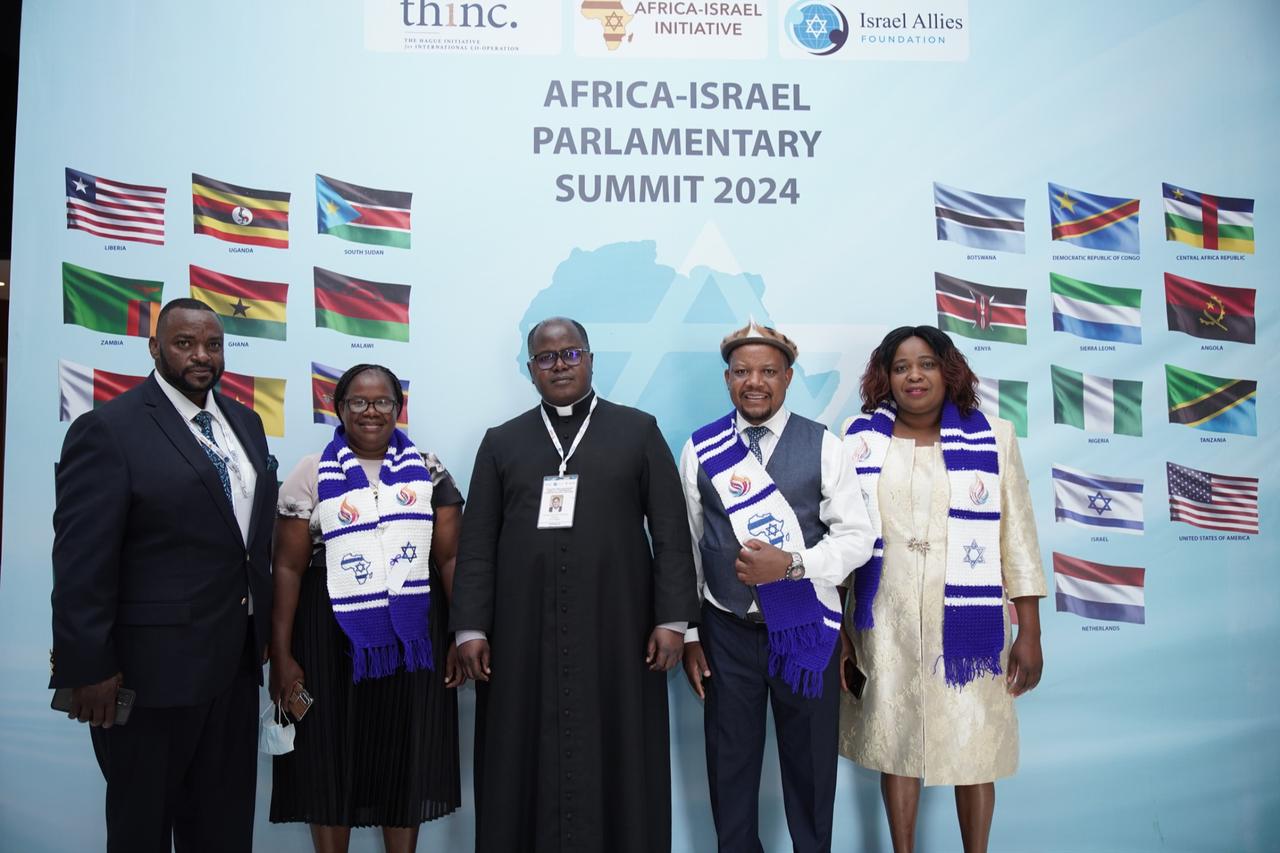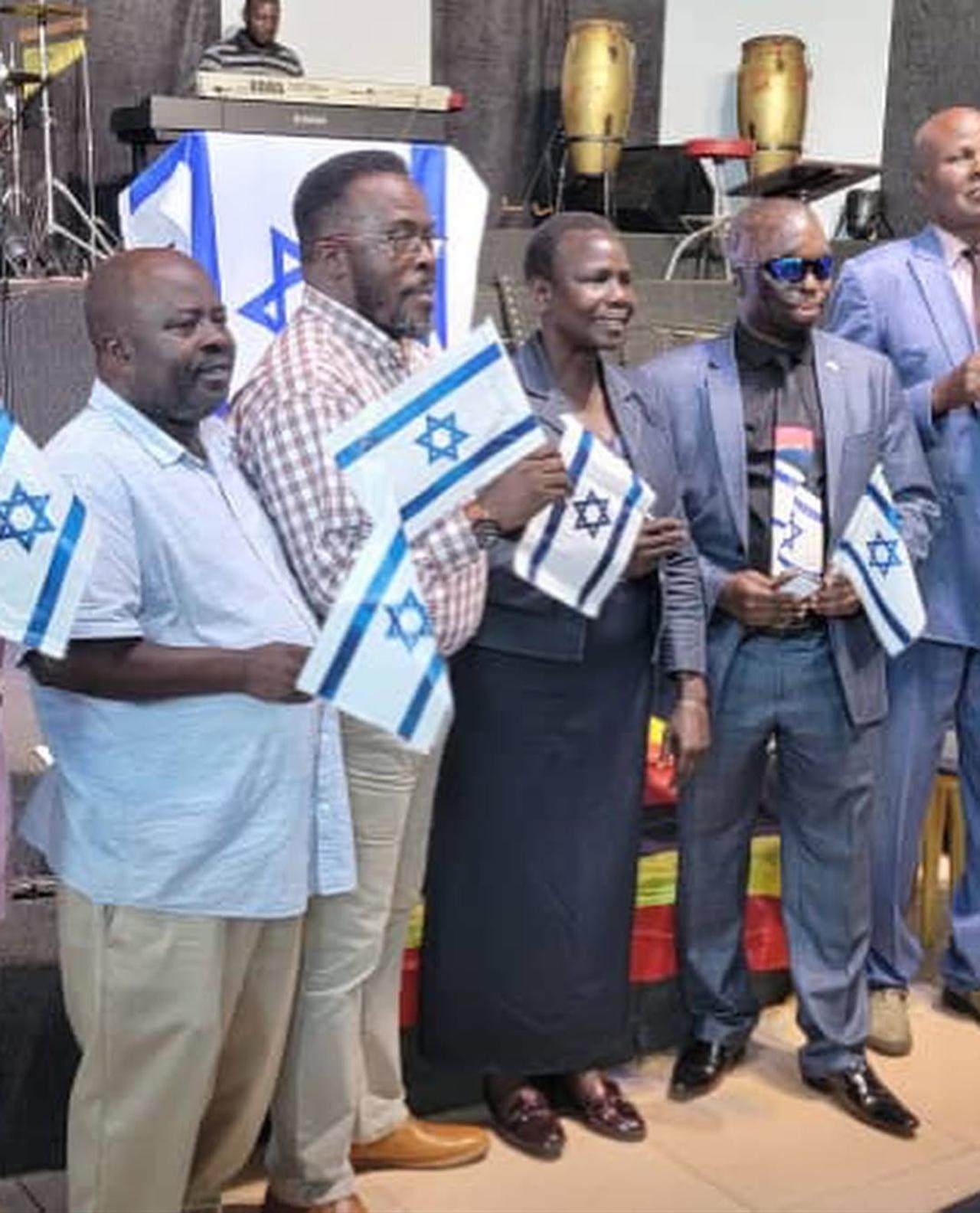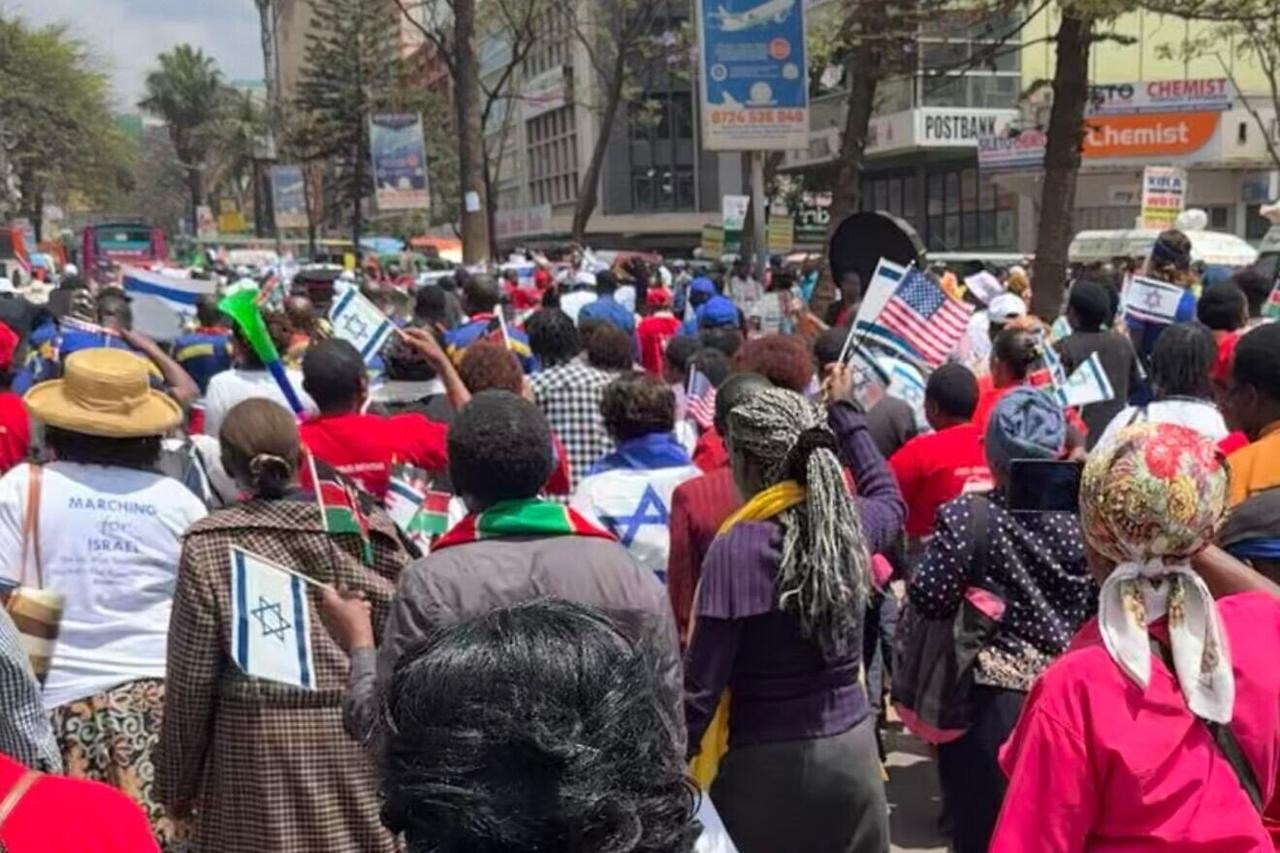
Since the 1970s, Western Evangelical movements—especially in the United States—have played a pivotal role in shaping faith-based support for Israel and promoting exposure to extensive media material.
Across sub-Saharan Africa, a quiet but similar campaign has been finding renewed expression—one driven not by oil contracts or military bases, but by faith. Israel’s renewed engagement with the continent, framed through religious diplomacy, reflects a broader effort to weave spiritual ties into its geopolitical strategy.
Israel, in doing so, uses a narrative of shared biblical heritage in the operation of faith-based diplomacy.
Since the early 2010s, Israel has intensified its efforts to reconnect with Africa, a continent where it once maintained close ties in the post-independence era before the rupture following the 1973 Arab-Israeli War.
Today, Tel Aviv’s return to Africa is guided as much by spiritual symbolism as by pragmatic diplomacy. The Israeli government, faith-based nongovernmental organizations (NGOs), and diaspora networks are collectively reshaping the country’s image while even capitalizing on it financially, less as a regional power in conflict, and more as a faith-driven partner offering benefits, mostly to those who are willing to work with it.
This is particularly important now as Israel faces growing isolation over its genocidal actions in Gaza.
In Israel’s diplomatic lexicon, Africa has re-emerged as both a moral and strategic frontier. Israeli leaders have repeatedly invoked the continent’s biblical resonance—Ethiopia as the cradle of ancient Jewish connection, Uganda as part of early Zionist imagination, and the wider region as the land of the “lost tribes.” These narratives are not incidental; they serve as soft power anchors that allow Israel to frame its engagement as the restoration of a shared spiritual past rather than the pursuit of political leverage.
Ethiopia remains the most visible example. Following the historic airlifts of Ethiopian Jews to Israel in the 1980s and 1990s, religious and humanitarian programs have evolved into sustained cooperation. Israeli institutions continue to sponsor religious education exchanges, inter-faith seminars, and youth programs aimed at reinforcing the Judaic link.
In parallel, Israeli Christian ministries and Jewish NGOs have expanded outreach across Kenya, Ghana, and Nigeria—countries where evangelical support for Israel runs deep, and biblical narratives about Zion hold popular appeal.
At the heart of Israel’s religious outreach to Africa stands a dense web of semi-state and civil institutions. The Ministry of Foreign Affairs maintains an Africa Division dedicated to rebuilding political ties, while parallel networks of religious organizations amplify Israel’s spiritual brand. The American Jewish Joint Distribution Committee (JDC), the Jewish Agency for Israel, and the Shalom Corps—a program launched to channel Jewish volunteerism abroad—have extended their operations to Africa through education, disaster relief and inter-faith programs.
Faith-based diplomacy also runs through Israeli development assistance. MASHAV, Israel’s Agency for International Development Cooperation, continues to present Israeli know-how as a moral responsibility rooted in Jewish tradition. Through agricultural training, water-management projects, and health programs, MASHAV integrates a moral language of "tikkun olam"—the Jewish principle of repairing the world—into state policy. This ethical framing allows Israel to market its technology not merely as exportable innovation, but as the side product of its main narrative for Christian Zionism.
The Chief Rabbinate of Israel, alongside the World Jewish Congress and Chabad emissaries, has expanded its outreach to emerging Jewish or semi-Jewish communities in Uganda, Zimbabwe, Ghana, and Nigeria—groups identifying as descendants of the lost tribes or as newly adopted Jewish congregations.

Beyond official structures, Israel’s faith-based influence in Africa relies heavily on Christian Zionist networks. The continent’s growing evangelical population—estimated at more than 200 million—has become one of Israel’s strongest reservoirs of public support.
Churches across Nigeria, Kenya, Zambia, and Ghana host “Pray for Israel” events and pilgrimages to Jerusalem, turning religious solidarity into a durable form of public diplomacy. Yet there are more political outputs to that.
These movements often intersect with political and economic initiatives. In Nigeria, for instance, Christian organizations with pro-Israel orientations have brokered business delegations and technology partnerships. In Kenya and Ghana, evangelical leaders act as informal ambassadors, reinforcing Israel’s image as both a moral model and a development ally. The Israeli government recognizes the diplomatic value of this faith ecosystem and regularly invites African church leaders to attend inter-faith forums and state visits.
The faith comes infused in most cases, and humanitarian outreach mirrors this tone. Organizations such as IsraAID and Innovation promote projects delivering water and electricity to rural communities, often referencing biblical inspiration.

A survey conducted by the Pew Research Center in 2019 revealed that a large majority of African Christians express a strong connection to Israel—while the exact figure of 82% is cited in some commentary, the underlying data reflects broad evangelical affinity and biblical allegiance.
This affinity is strongly driven by the rise of Pentecostal and neo-charismatic churches across West and East Africa since the 1980s. Within these movements, support for Israel is often framed through eschatological narratives, biblical prophecy, and Christian Zionism.
Foreign organizations such as the Africa–Israel Initiative and the Christians United for Israel (CUFI) actively promote Zionist theology among African churches. In turn, Israeli diplomats emphasize the need to establish Israel’s image in Africa as a modern, tech-savvy nation—not only the ancient Holy Land known from scripture.
In countries such as Ghana, Nigeria and Uganda, where evangelical political influence is substantial, these links translate into diplomatic announcements: for example, Malawi’s former pastor-president announced intent to open an embassy in Jerusalem; the Democratic Republic of Congo’s president addressed pro-Israel lobby AIPAC in Washington, aligning his policy with ‘biblical promise’.
The burst of faith-based diplomacy at the two-day inaugural Africa-Israel Parliamentary Summit in the Ethiopian capital of Addis Ababa in September 2024 marked a defining moment. The summit brought together approximately 35–40 parliamentarians from some 20-25 African nations to sign what is called the “Addis Ababa Declaration of Africa-Israel Cooperation and Partnership.”
At the event, legislators representing around 20-25 African countries committed to support Israel and explicitly opposed legal action, spearheaded by South Africa, against Israel in international forums.
Many of the African legislators who attended were members of the Israel Allies Caucus in their respective parliaments, actively championing pro-Israel legislation through a faith-based narrative.
Israel’s religious diplomacy in Africa unfolds amid a competitive geopolitical environment. While Türkiye and the Arab World have organic ties of historical Islamic solidarity and anti-colonial discourse, Israel presents itself as the modern model of resilience with divine promise.
Israel’s outreach to Africa through religious and cultural channels has become an essential component of its foreign policy. The intersection of Jewish ethics, evangelical support, and humanitarian action creates a multi‐layered network of influence that projects moral legitimacy while advancing strategic aims.